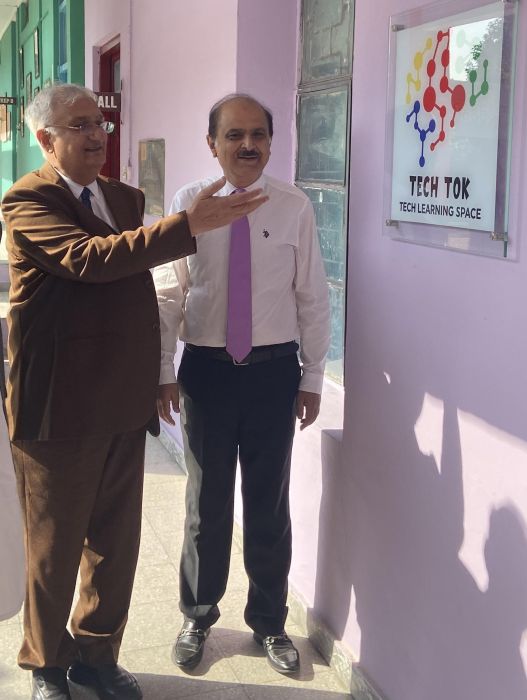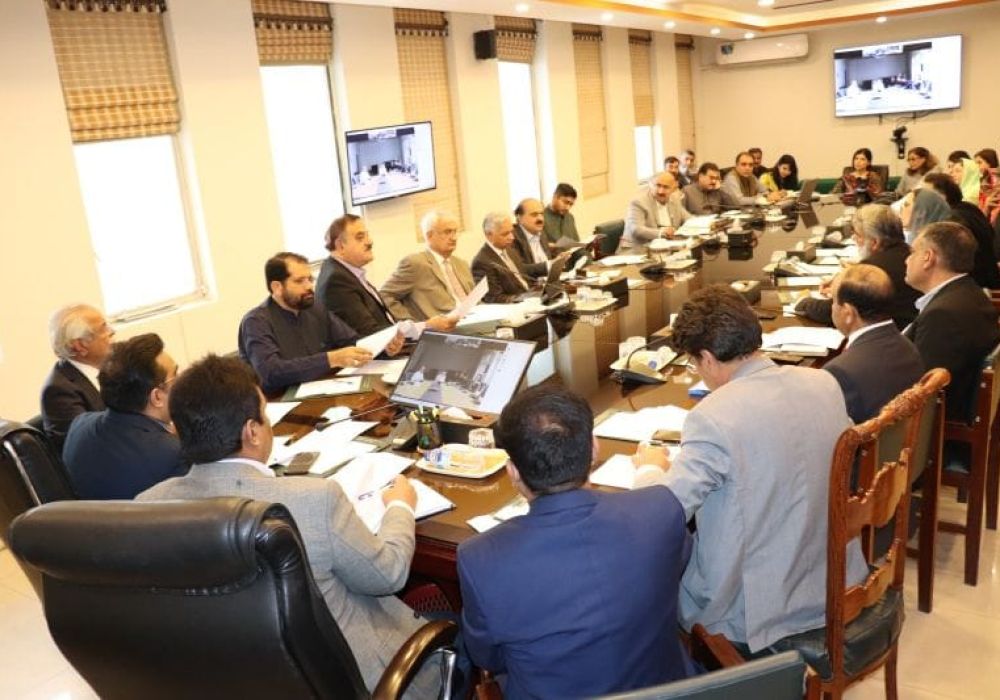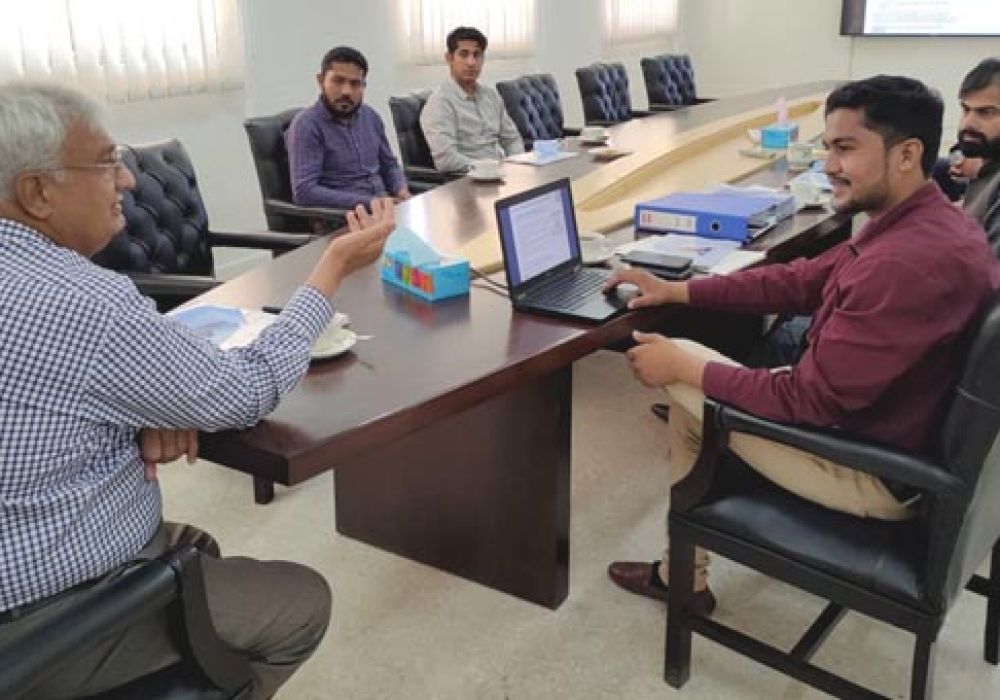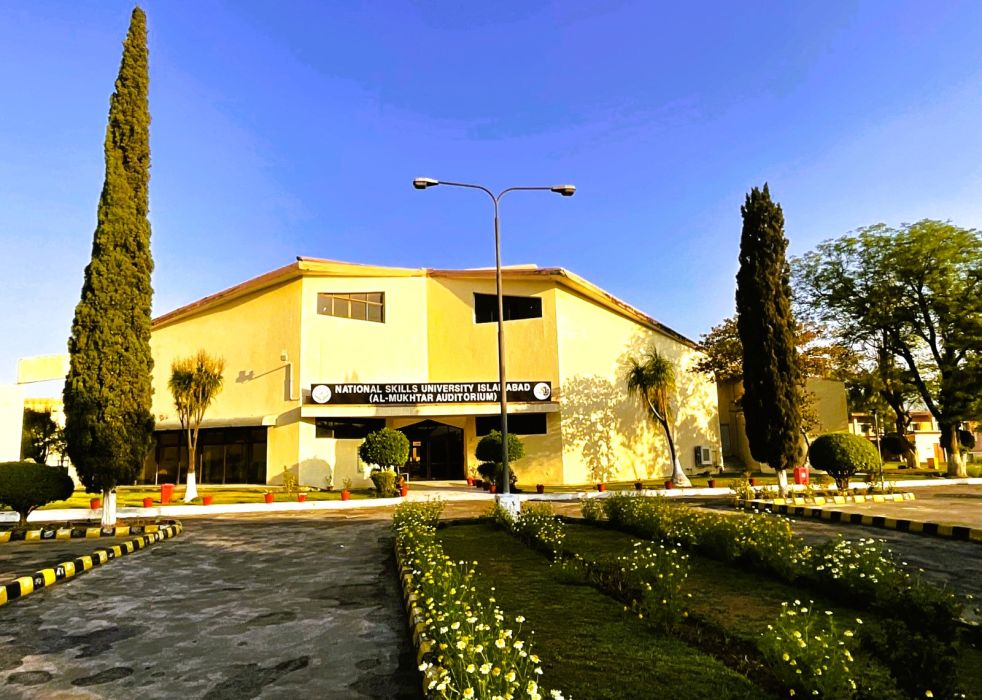168/25 Institutional Transformation and Visionary Leadership: The Founding of Government Sadiq College Women University Bahawalpur (GSCWU)
Posted 5 months ago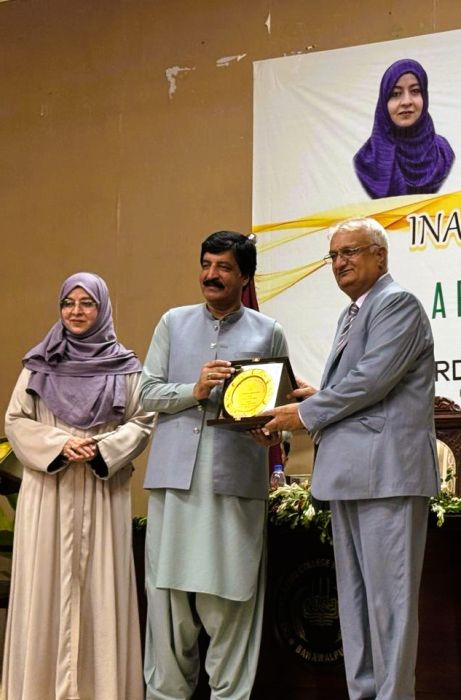
Prof. Dr. Muhammad Mukhtar is a visionary academic leader whose brief yet catalytic tenure as the Founding Vice Chancellor of the The Government Sadiq College Women University Bahawalpur (GSCWU) Pakistan, laid the groundwork for a remarkable institutional evolution.
From March 2013 to July 2014, Dr. Mukhtar led the challenging transition of the historic Government Girls Sadiq College into a full-fledged women's university. The task was monumental: financial constraints, limited infrastructure, and internal resistance from the existing faculty presented a perfect storm of obstacles. Yet, Prof. Mukhtar saw potential where others saw problems. "The early days were tough," he recalls, "but I was driven by the vision of building a progressive platform for women's education in Southern Punjab."
Today, GSCWU stands as one of Pakistan's most promising women's universities, a proof of concept to the strategic foundations laid by Dr. Mukhtar. Under the dynamic leadership of current Vice Chancellor Prof. Dr. Shazia Anjum, the institution is scaling new heights in academic excellence, research innovation, and student empowerment. Of importance was Dr. Mukhtar himself, who originally brought Prof. Dr. Shazia Anjum, the incumbent Vice Chancellor of the GSCWU, to Bahawalpur, a decision that now seems almost prophetic. He recalls the obstacles that he faced in bringing her to the faculty of the Islamia University of Bahawalpur
A Triple Crown Leadership
What makes Dr. Mukhtar's accomplishments at GSCWU even more remarkable is that he simultaneously served as Vice Chancellor of two other universities: the Islamia University of Bahawalpur and Ghazi University, Dera Ghazi Khan. Managing one university is a feat in itself; managing three, amid a structural education overhaul in a resource-constrained region, borders on the herculean.
This was not just multitasking. It was multi-institutional nation-building.
Architect of Educational Ecosystem in South Punjab
Dr. Mukhtar's contributions extend far beyond GSCWU. His name is synonymous with supporting the establishment of several higher education institutions in Pakistan's underrepresented areas. Among them:
- Mian Muhammad Nawaz Sharif University of Engineering and Technology (Multan)
- Mian Muhammad Nawaz Sharif Agriculture University (Multan)
- Khawaja Fareed University of Engineering and Information Technology (Rahim Yar Khan)
- The Women's University Multan
These institutions now serve as a beacon of hope for youth in remote regions, creating equitable access to higher education and modern skills.
Moreover, his work training educators at Danish Schools, a Punjab government initiative to offer free, high-quality education to underprivileged children, showcases his commitment to education reform at every tier.
Witnessing A Vision Realized
Recently, Dr. Mukhtar was invited to the GSCWU on the inauguration ceremony the state-of-the-art Arfa Karim Block, which is named after Pakistan's youngest IT prodigy. It was a joyous moment: receiving a commemorative shield from Chancellor Sardar Saleem Haider Khan, seeing the campus thriving, and witnessing the realization of a dream he envisioned over a decade ago.
"Visiting the university after twelve years was nothing short of a treat," he shared. "It was emotional, inspiring, and reaffirmed my belief that well-laid visions always find a way to manifest, no matter how challenged."
Legacy That Lives On
Prof. Dr. Mukhtar's legacy offers a roadmap for sustainable academic growth. His model is simple yet powerful: visionary leadership, inclusive governance, and an unrelenting focus on empowering the underserved. As Pakistan wrestles with aligning its education system with 21st-century imperatives, stories like these are blueprints for scalable impact.
Prof. Dr. Muhammad Mukhtar may have served briefly at GSCWU, but his impact was enduring, leaving a lasting influence on the institution and the educational landscape of Pakistan.
Today, as thousands of young women walk confidently through Government Sadiq College Women University Bahawalpur halls, they tread on a foundation that Dr. Mukhtar and his contemporaries laid with grit, grace, and groundbreaking foresight. And in that, his legacy lives as vibrant, vital, and victorious in the form of Prof. Dr. Shazia Anjum.


